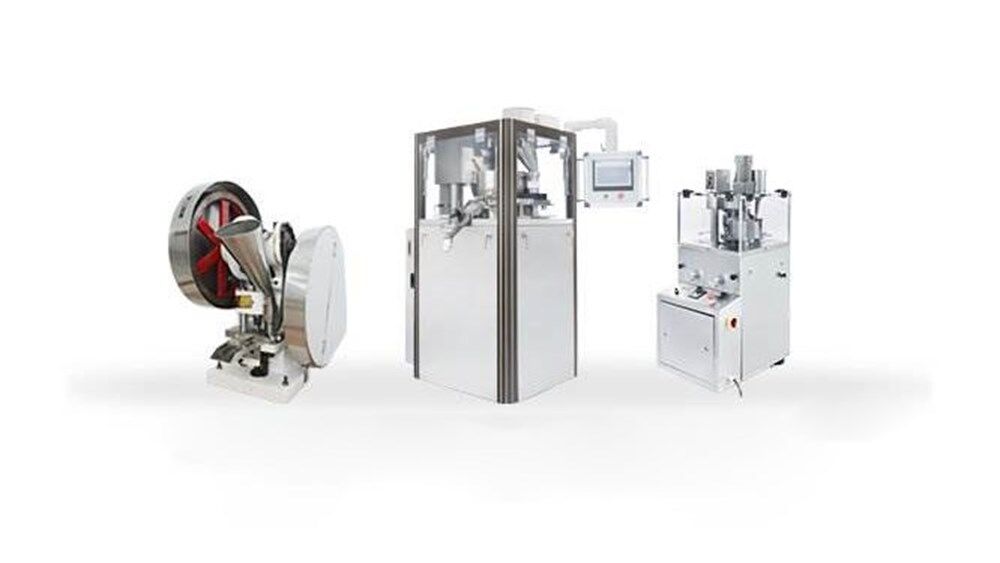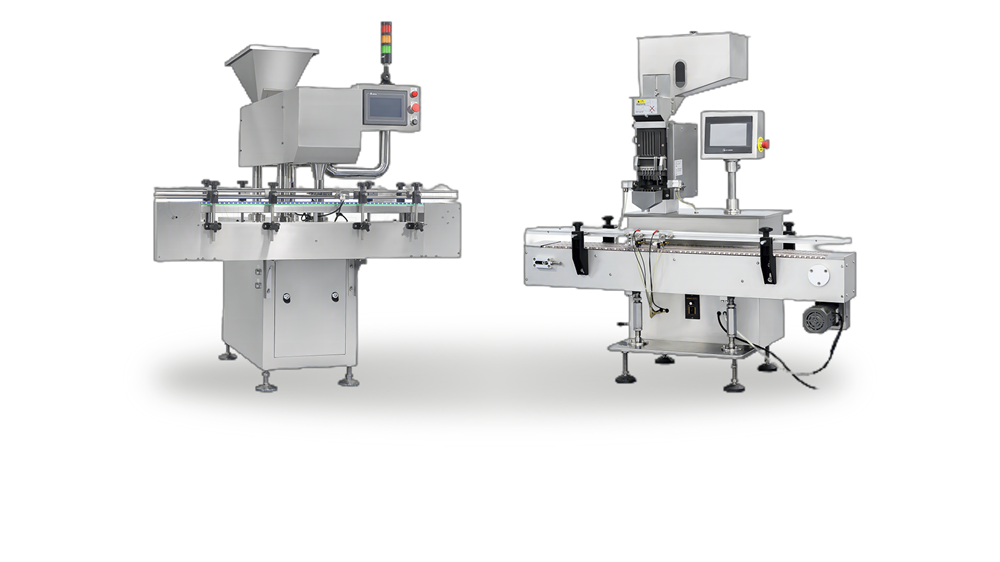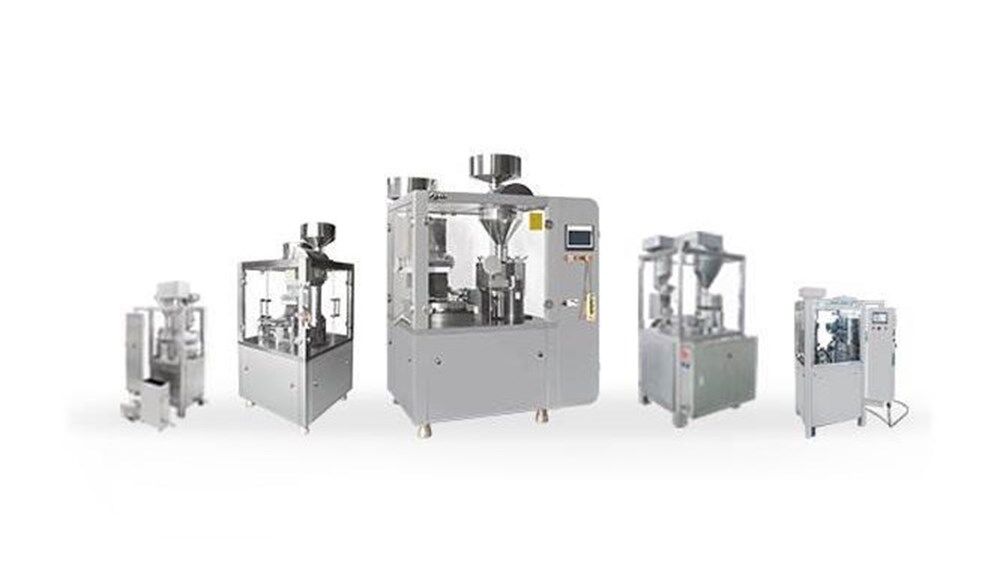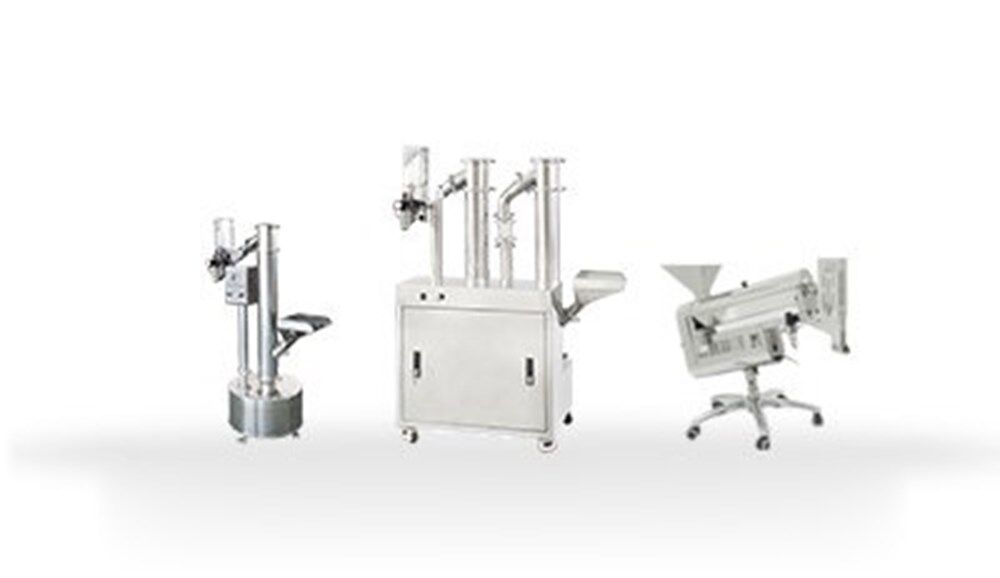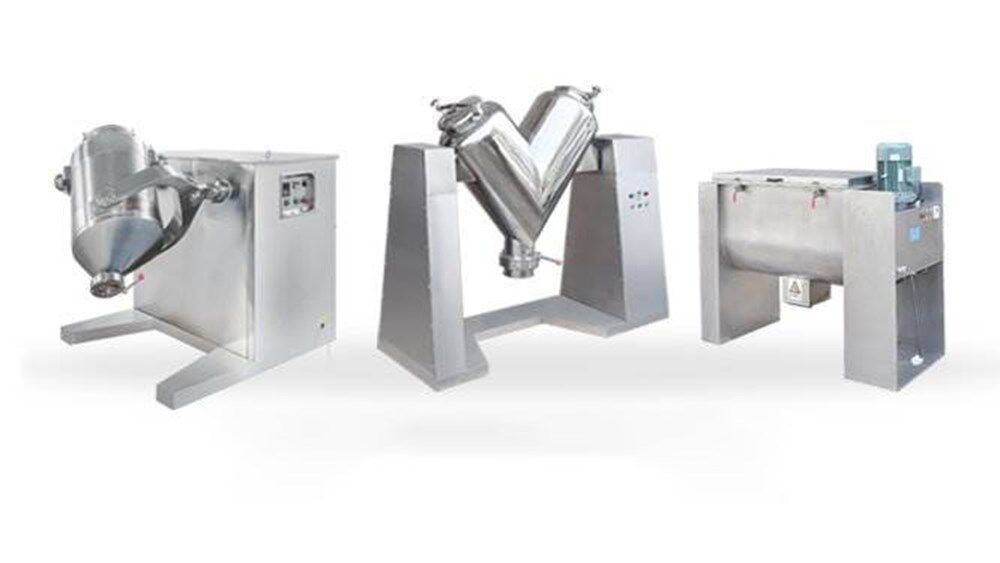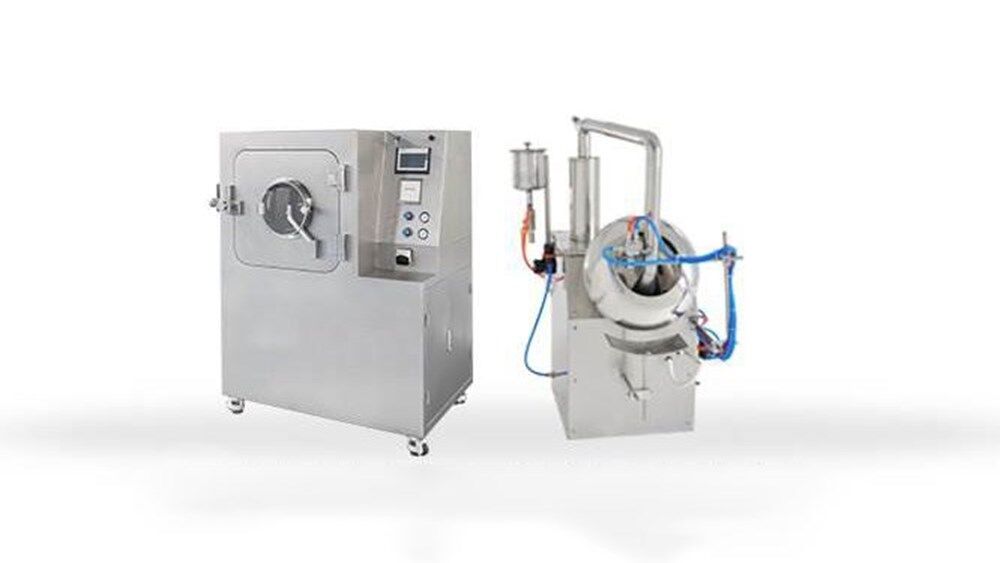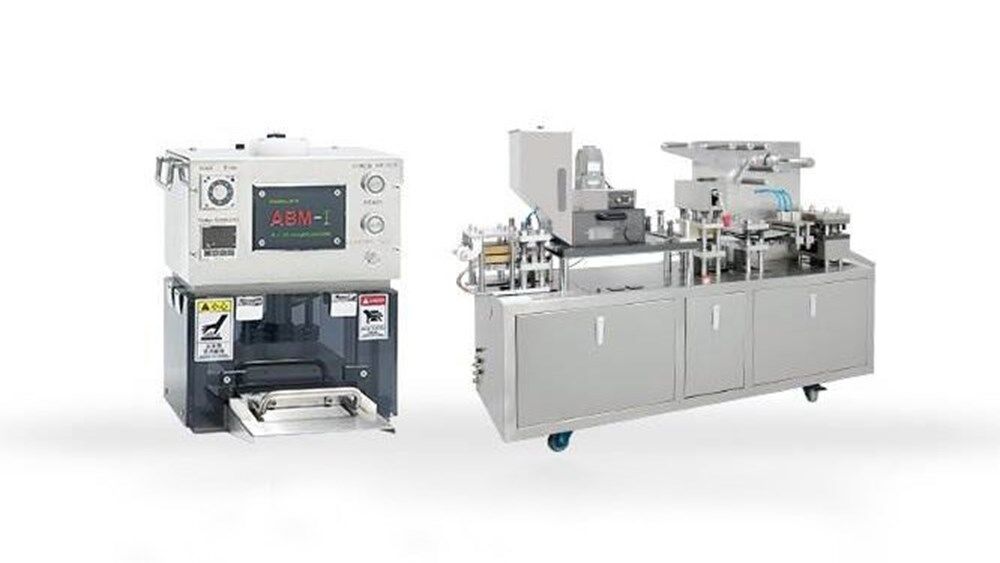Wet Granulation vs Dry Granulation vs Direct Compression
Dry and wet granulation are essential pharmaceutical processes that are important to this industry. Alongside direct compression, these procedures are helpful in the formulation of drugs. Besides, they are also crucial in the chemical and food industries. In this article, you will learn the difference between dry granulation and wet granulation. You will also identify some high-grade granulators in the market that can help with these processes.
Dry Granulation
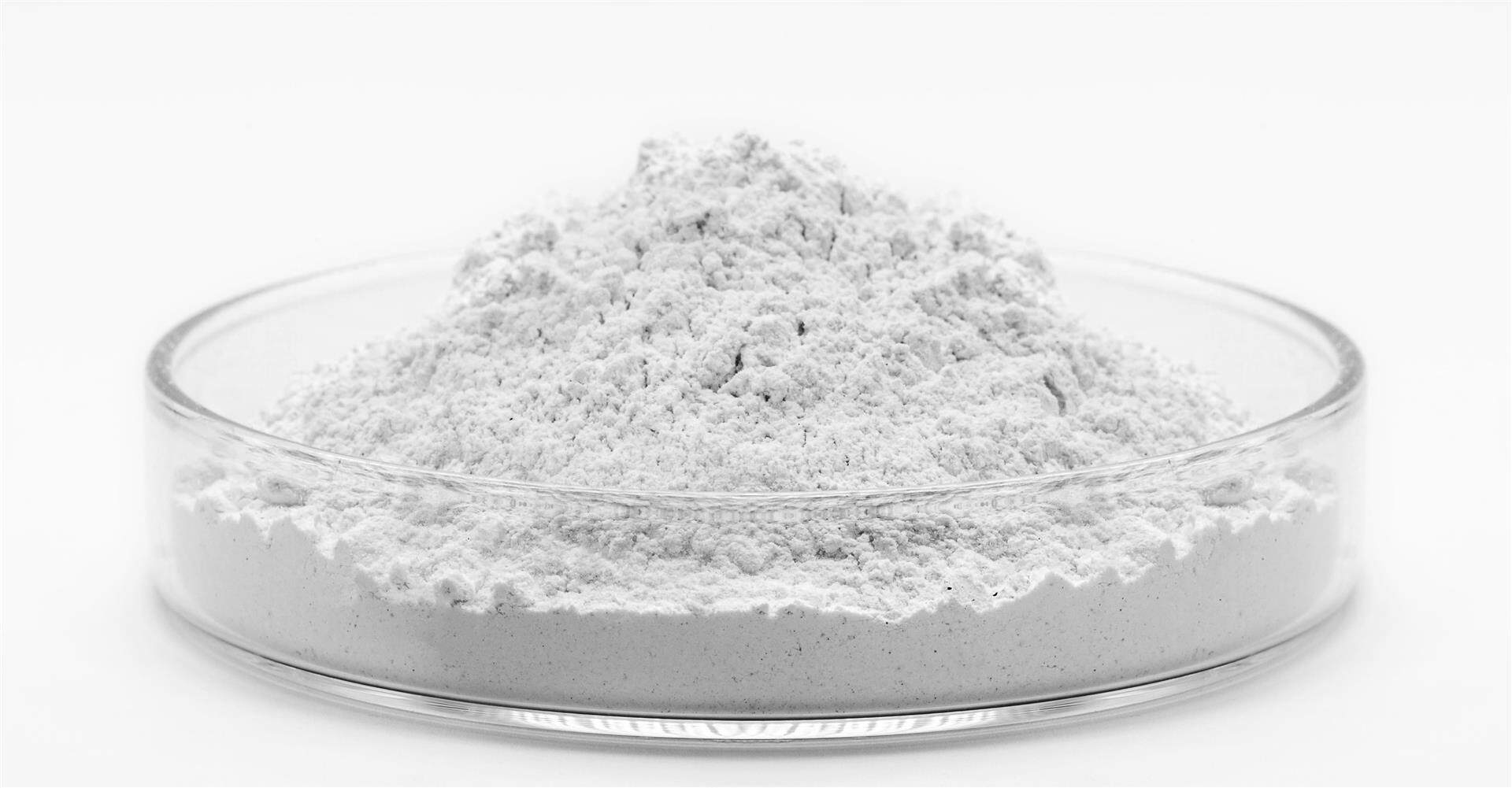
Regardless of the method, granulation aims to make powder particles stick together to produce solid dosages. Dry granulation is a popular method in the pharmaceutical industry. Below are the steps for carrying out a typical dry granulation process:
-
Considering the Ingredients:
The first stage in this method is weighing all the ingredients to manufacture the product. -
Mixing the Ingredients:
The manufacturer proceeds to mix the ingredients until it produces a uniform powder. -
Compressing the Mixture:
The name of this stage is slugging. It involves compressing the powder mixture into pallets or large flat tablets. -
Breaking of the Pallets:
This stage involves reducing the large flat into smaller pieces with the use of a hammer mill. The breaking of the pellets and screening of the pieces will lead to the formation of uniform granules. -
Addition of Lubricants:
To achieve a uniform blend, the manufacturer will add excipients such as lubricants and disintegrants. -
Compression into Tablets:
The last stage of this process is the compression of the granules into tablets. This is the stage where coating takes place, if necessary.
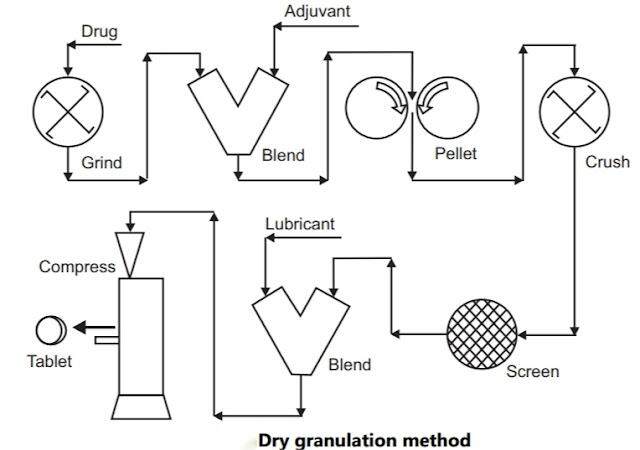
Wet Granulation

Wet granulation is the oldest method in the pharmaceutical industry. Yet, it remains popular and relevant among manufacturers. It involves the production of granules by adding granulation liquid to the mixture of the active ingredient and excipients. One of the major reasons wet granulation is popular is its content uniformity provision.
It helps producers to overcome the challenge of processing soluble low-dose drugs. Besides, it speeds up the process, saving time and energy. This process masks the deficiencies of materials with poor flow characteristics. Thus, it makes the production of tablets with perfect shapes effortless.
Also, it increases the compressibility of the manufacturing process, thereby cutting out the need for high pressure during compression. It also reduces the risk of contamination because it does not generate dust. This absence of contamination is one of the reasons many pharmaceutical companies prefer this process.

Direct Compression
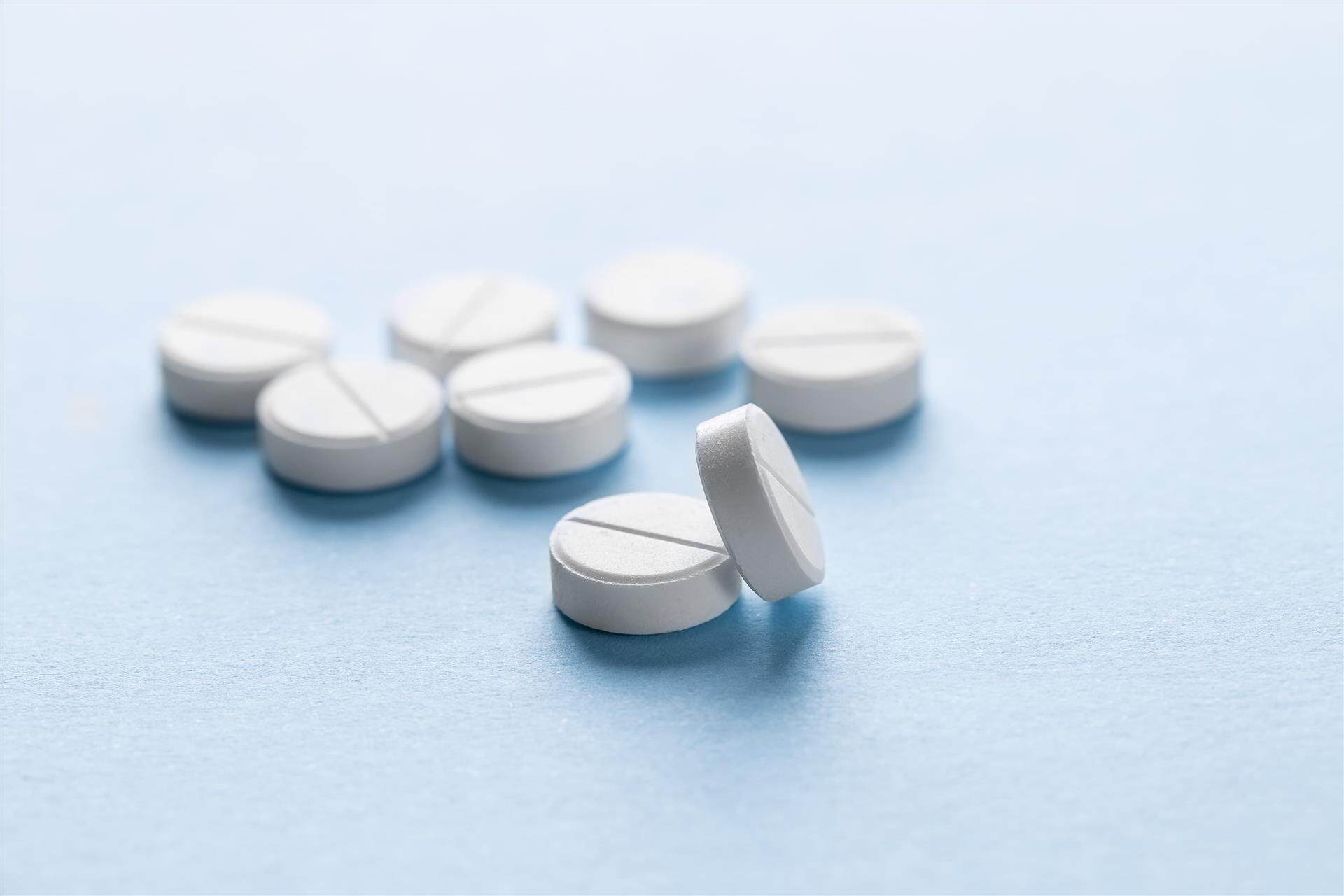
Unlike wet granulation and dry granulation, direct compression does not require a granulator. It is a process for making drugs that involves a mixture of the active ingredient and excipients in a blender. So, it is a process that is achievable by investing in a pharmaceutical blender instead of a granulator.
Due to its simplicity and the fact that it is not expensive, it would have been the favorite of manufacturers. Yet, that is not the case because it is a limited procedure. It is a procedure that is only valuable when the ingredients have characteristics for easy compression. This implies that this method is only useful when processing chemicals such as methenamine, potassium salts, and ammonium chloride.
These chemicals do not need an intermediate granulating step. So, it is easy to compress them directly. On the other hand, once the procedure involves chemicals that do not have such properties, this technique is useless. One of the reasons this method is still relevant in the modern world is the availability of new excipients. The modification of old excipients and the invention of new machines are also responsible for its current usage.
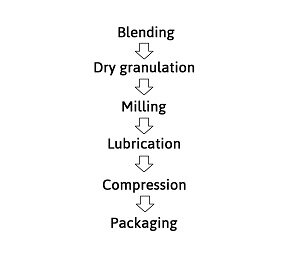
Wet Granulation vs. Dry Granulation
Dry granulation vs. wet granulation depends on what the manufacturer wants. Here are the pros and cons of both procedures:
Pros of Dry Granulation
Below are some of the advantages of dry granulation:
- It is cheaper than wet granulation, making it common in the pharmaceutical industry.
- It only requires a little energy and resources to use this method.
- It does not demand large floor space and does not affect the structure of drugs.
- It does not require the use of special machines and equipment.
Cons of Dry Granulation
Some of the disadvantages of this process include the following:
- It is a limited process.
- It generates a lot of dust, which can lead to contamination.
Pros of Wet Granulation
Some manufacturers prefer wet granulation to other methods. Below are advantages of wet granulation:
- Wet granulation does not need special excipients, while dry granulation usually needs such inputs.
- It offers a higher level of uniformity.
- It speeds up the dissolution process.
- It offers higher compressibility and reduces the risk of contamination.
- It helps to reduce machine wear and tear.
- It makes tablet coating easier, unlike dry granulation.
Cons of Wet Granulation
Despite all the benefits of wet granulation, it has some advantages. Here they are:
- It is expensive, making it challenging for start-ups to use it.
- The process is not usable without special machines and equipment.
- It demands a lot of energy, making it challenging for companies with a stable source of electricity.
Wet Granulation vs. Direct Compression
Direct compression vs. wet compression also depends on what the drug producer wants to achieve. The pros and cons below show the difference between direct compression and wet granulation:
Pros of Direct Compression
- It is a cheap and simple process.
- It is a fast process due to its simple process, thereby saving time.
- It does not require the presence of moisture and heat, saving energy and resources.
- It does not require the complexity that comes with wet and dry granulation.
- It does not require the use of granulators.
Cons of Direct Compression
- It is only suitable for some specific kinds of chemicals.
- It is not applicable for high-dose drugs that are not compressible by themselves.
- It is not likely to achieve uniformity with low-dose drugs.
High-Grade Wet Granulation Machines
What is wet and dry granulation? By now, you already have an answer to that question, which is great. If you search for dry granulation vs. wet granulation pdf online, you will also get more information on this topic. Yet, as a pharmaceutical company, the knowledge of wet vs. dry granulation is not enough. It is also important that you know the machines that can help with this procedure.
When it comes to wet granulation, iPharMachine has some of the best products that make the process seamless. This company is a subsidiary of Capsulcn and has products such as pharmaceutical blenders for direct compression and granulators. Its CYK60-90-160 Granulator and CYK160 Granulator are some of the best wet granulators in the world.
CYK160 Granulator
With its 46r/min speed, this is one of the most effective wet granulators in the market. It is a versatile machine that is useful for both wet and dry granulating processes. It has the following features:
- It has a simple design that makes it simple to operate.
- It is energy-saving, thanks to its advance granulating method.
- It offers uniformity and compressibility.
- It has a sturdy design for longevity.
- Compliance with GMP standard
- It has a production capacity of 700kg/h for dry materials and 300kg/h for wet materials.
- Its rotary rollers is perfectly structured and positioned for its frontal and rear support.
- Its advance granulating method saves energy.
- It has a long service life.
- It is suitable for the chemical, food, and pharmaceutical industries.
High-Grade Dry Granulation Machines
Dry granulators are the machines drug producers use for carrying out the dry granulation process. Top-class options offer value for your money because they are effective. Besides, they are sturdy and resilient, ensuring that you use them for a long time.
A simple internet search can help you find various options in the market. Yet, it does not guarantee that you will find worthwhile choices. Based on our research and review of various editorials, CZK-G100 Dry Granulatin Machine is one of the best options out there.
CZK-G100 Dry Granulatin Machine
This stainless steel machine offers adjustable granule size and compactness. Its manufacture is based on strict GMP guidelines. Thus, it is a top-quality granulator. It has the following features:
- It is a low-maintenance machine with a long service life.
- It is made with water-resistant materials.
- It is GMP-compliant.
- It offers an adjustable granule size, making it a versatile option.
- Its compact design ensures that it does not occupy sizeable space.
- It increases the yield and quality of finished pharmaceutical products.
- It offers a high degree of automation, making it classic modern equipment.
Final Words
In this guide, we discussed the difference between wet and dry granulation. We also highlighted the difference between direct compression and wet granulation. If you need more information on this topic, you can search difference between dry granulation and wet granulation ppt online. Yet, it is highly possible that you already have all the information you need in this article.
During the course of this discussion, we highlighted the advantages and disadvantages of these techniques. This was for the purpose of providing you with educative content that will help you make quality decisions. We also discussed the features of some of the best machines in the market.
CYK160 Granulator by iPharMachine have the features you need in a top-class wet granulator. Meanwhile, CZK-G100 Dry Granulatin Machine will offer value for your money if you need a dry granulator. The company also has top-quality ribbon blenders if your choice is dry compression.
Leave your comment
Also Offers
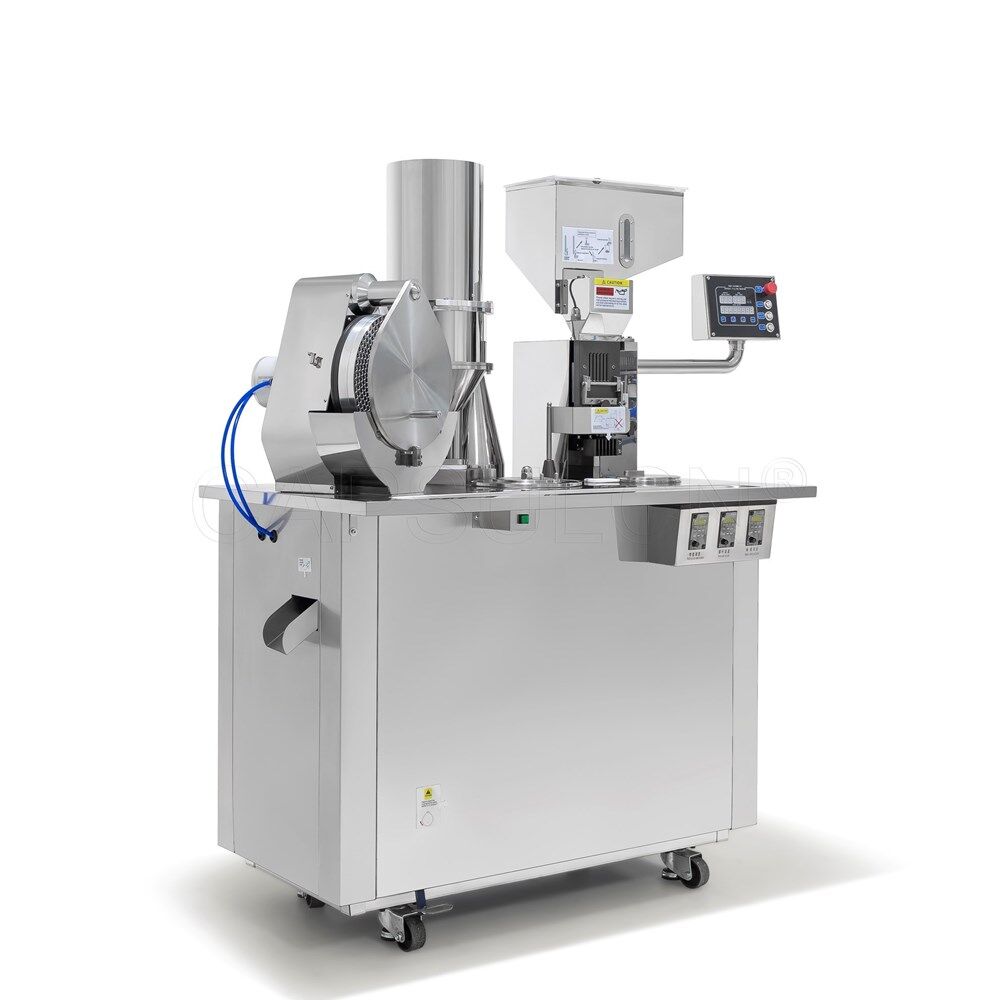
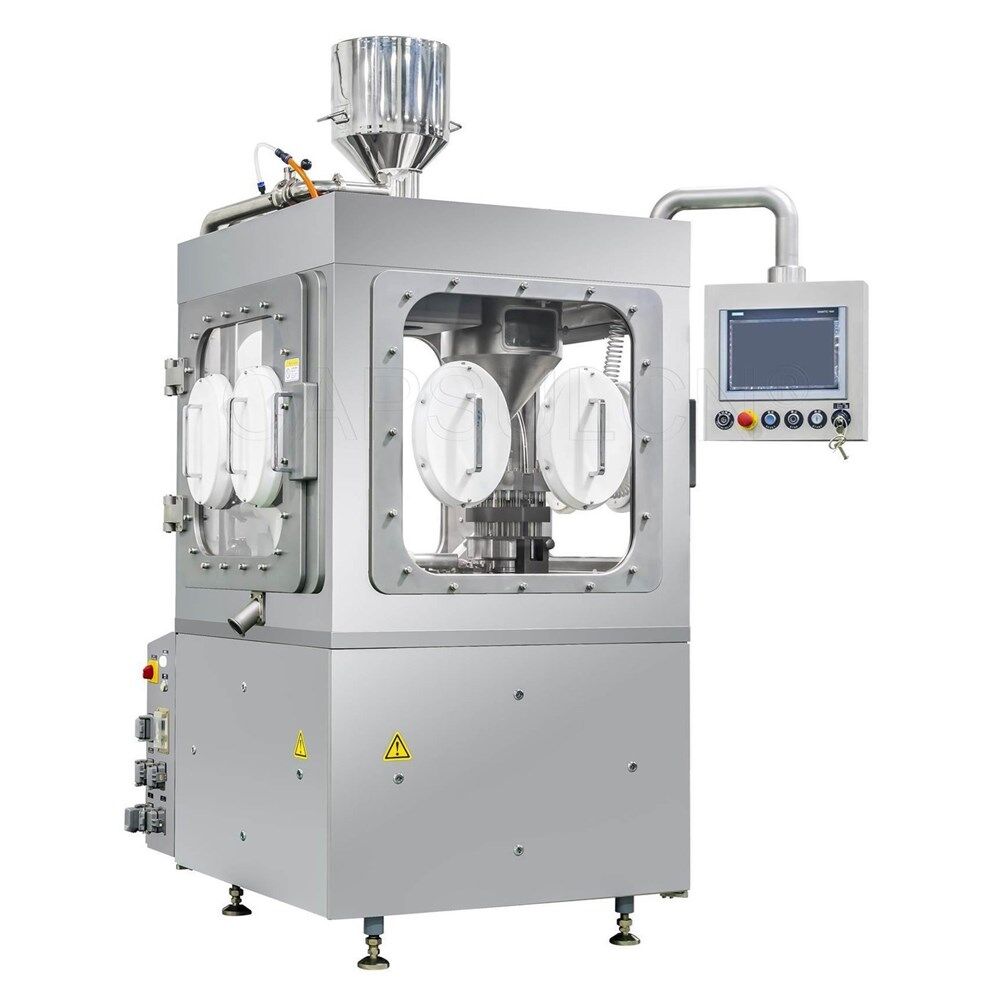
Containment Automatic Capsule Filling Machine SFK-703
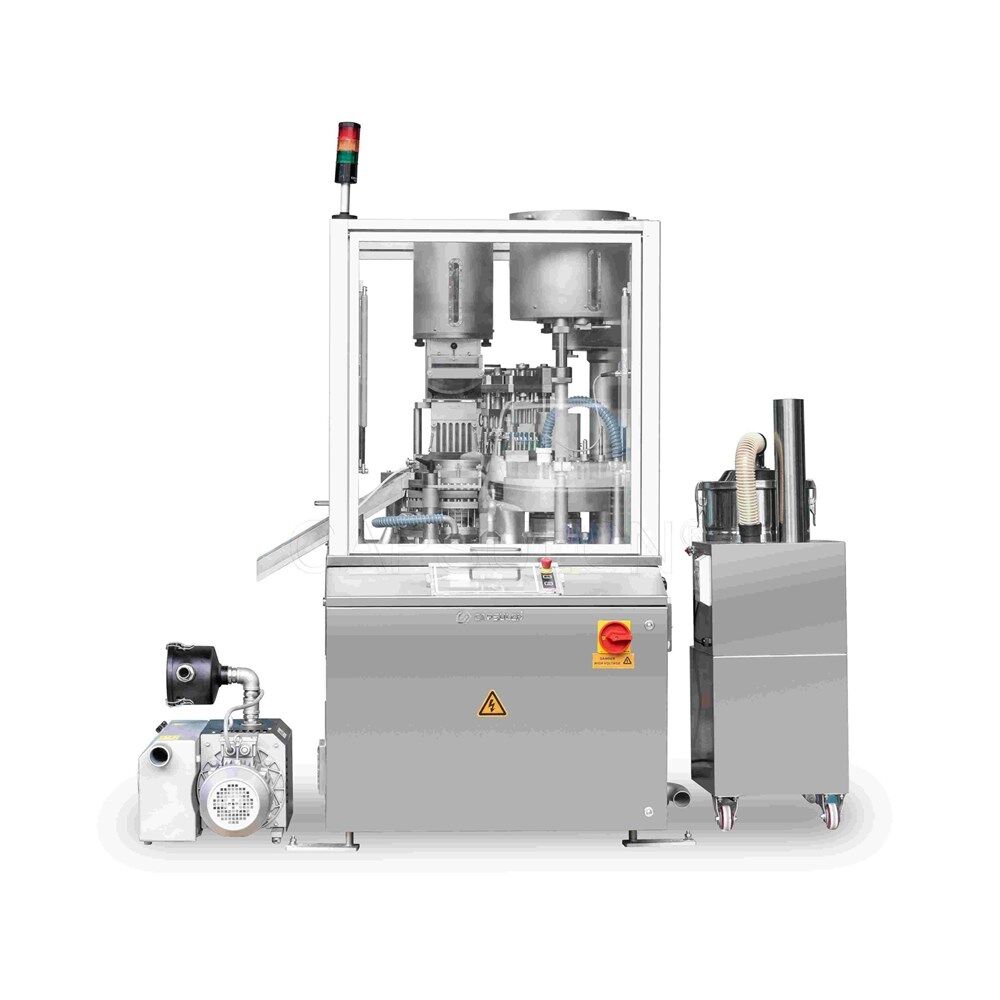
Fully Automatic Dosator Capsule Filling Machine CZ-40

Our Team
As an expert in the pharmaceutical and pharmaceutical packaging industry, iPharMachine has provided solutions for hundreds of pharmaceutical and health product manufacturers for 17 years. By visiting customers, we get good reviews from our customers.
- info@ipharmachine.com
- English Español Deutsche
